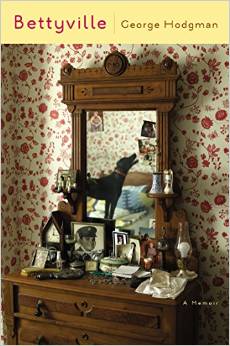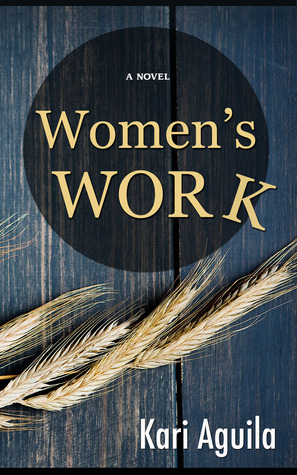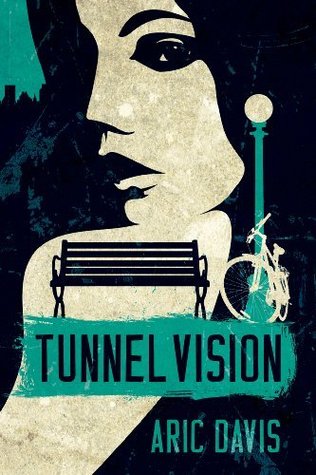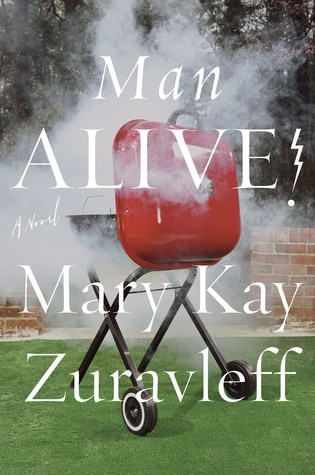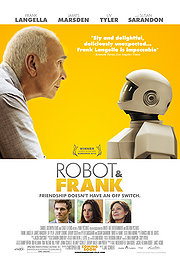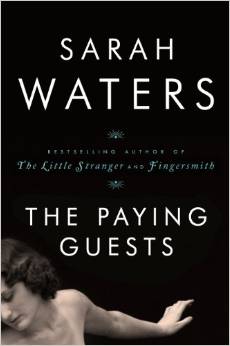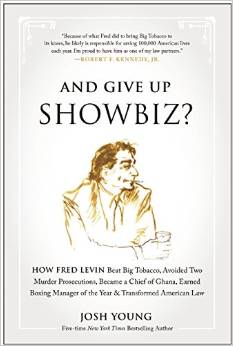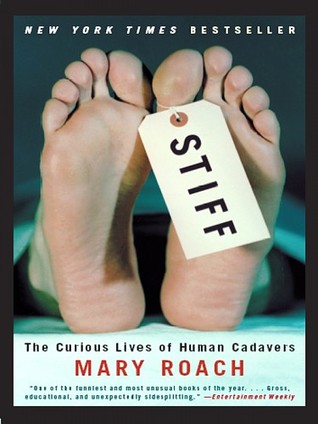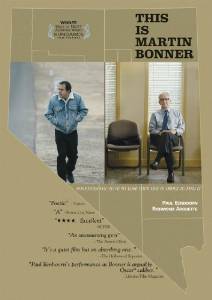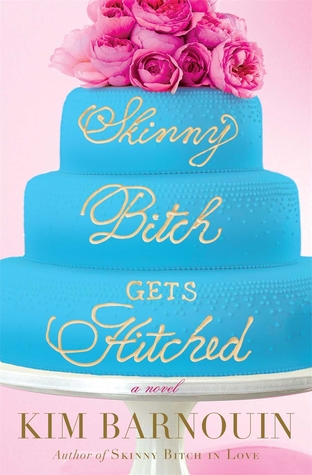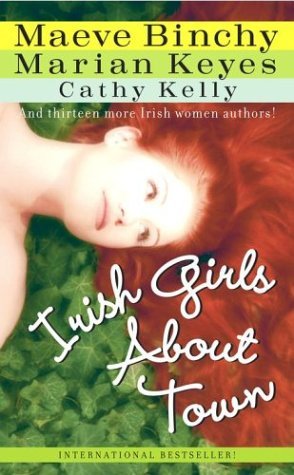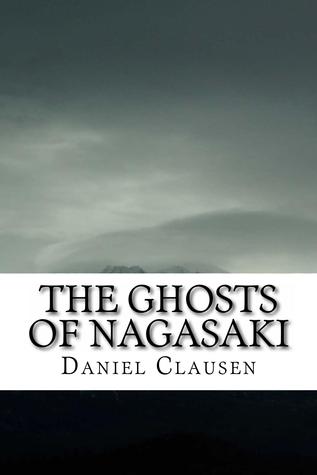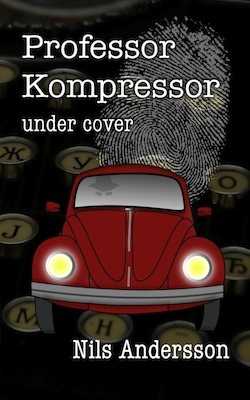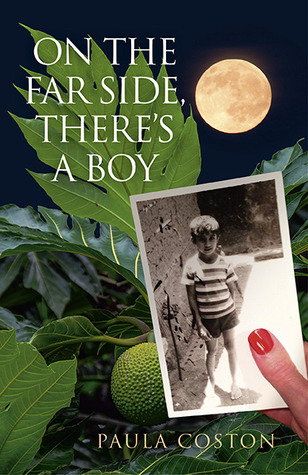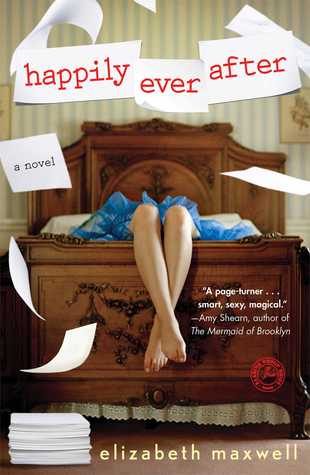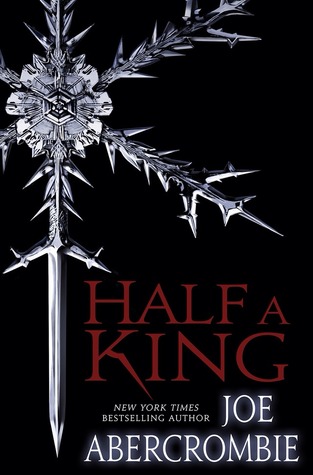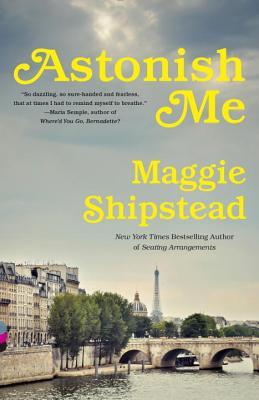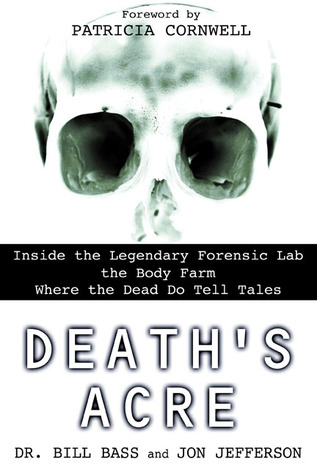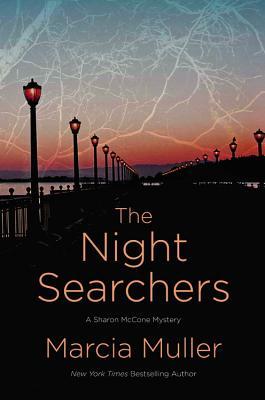A book as well played as the ballet depicted in it, Astonish Me hits every single mark, just as its master-level ballet dancers do in their performances.
Maggie Shipstead’s second novel, Astonish me, leaves few questions unanswered in a humane and relatable tale set over two generations.
The novel’s strength is not just its writing, which is very, very good. The strength, the brilliance, comes from the use of medium in which the tale is set, paced with the elements of the plot.
In other words, telling the story of the ballet is telling the story of the characters.
More viscerally, Shipstead matches the staccato of the ballet, of the action, with her writing and plot.
“When rehearsals start, she sees quickly that the promise will be less easily kept than she thought. Phoenix, a tall, elegant, low-jawed black woman who always dresses in pristine white layers, had an idea for a dance that is slinky, jazzy, loose, juice. Arslan struggles. He has difficulty unlocking his hips to allow for the Latin figure-eight movement Phoenix wants; he has difficulty letting his body curve forward, like a sail filling with wind, until he falls off balance and must catch himself; he has difficulty being light and sexy, not intense and passionate. She asks him to turn one leg while the other and his torso are extended parallel to the floor, counterbalancing each other. Elaine, who has more training in contemporary fane, finds herself in the unexpected position of offering reassurance and advice.”
The book is broken up to chapters, specific scenes in time, a month and a year. Each chapter is told from the perspective of one of the characters. Most of the book is in present tense, something I did not realize until I was half-way through the book.
Ultimately, I was incredibly saddened to be leaving the world Shipstead created and she glued me with plot twists to the end.
The only real plot twists come at the end as the story doesn’t so much as plod, it is far too interesting and exciting for that. No, it unfurls. Each chapter, each scene, leads up to the next, is interesting in its own right. Each character’s trajectory is fascinating in its own right.
Don’t believe the more negative reviews. This is one book to keep on the shelf.
This book was received, free of charge, through the Goodreads Firstreads program.
On Goodreads
